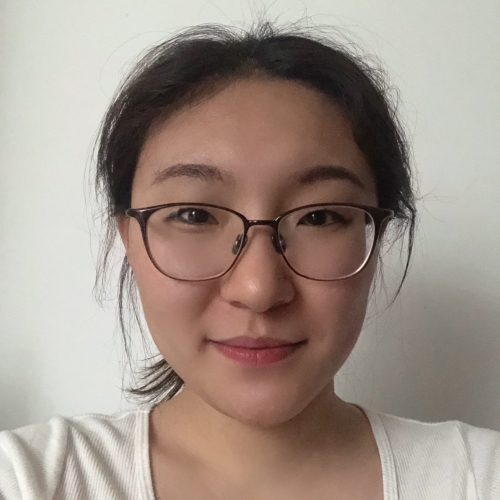
Jun Seok Han
Macquarie University
Jun Seok Han obtained his Master degree in Research in 2021. His research dissertation involved developing a pricing model for commodity derivatives via state-space model, and he is currently extending the method that is suitable for futures contracts of European Union Allowance (EUA). Jun Seok Han currently studying in the area of stochastic finance, as a PhD student at Macquarie University. His interest in financial and statistical modelling began when he was admitted to undergraduate degrees in Bachelor of Applied Finance with Bachelor of Actuarial Studies. On top of taking his PhD in research, He also works as casual tutor at Macquarie University, teaching various statistics units from undergraduate to postgraduate level.
Can you give me a quick overview of the type of mathematics you are studying and its potential impacts for the broader community (think how you would explain your work and studies to friends who don’t study maths)?
I’m currently studying mathematics that could be useful in the area of finance modelling. This topic involves very rapid changes due to many different factors, including economic factors, changes to regulations, technology, and environment. The type of mathematics I’m studying could help both individual and companies in investments and trades.
How did you get into mathematics/statistics/data science? Was there someone or something that inspired you to this field?
I have studied Actuarial Studies with Applied Finance as my undergraduate study, and it involved a lot of mathematics. They were more focusing on application of different models, methods that could be used for pricing. However, I was more interested in how those models were developed, and how models can change depending on the type of financial instrument that one is considering. It was natural to get into the area of statistics, as financial modelling involves calibrating historical price data through an appropriate model.
You received a scholarship to attend AMSI Summer School 2022. How important was this in terms of your ability to attend, fully participate in the program and meet others studying in similar fields?
It was a great opportunity to receive a scholarship and study the subject I wanted to learn. Receiving a scholarship was very important, as it motivates me and requires me to be fully committed to study during the 4-week period. This allows me to feel responsible for keeping up-to-date with studies.
The purpose of Summer School is to give students an opportunity to develop their mathematical skills, meet like-minded people and network with potential employers. What was the most valuable part of the program for you? Was it the course content or the people you met? Do you have new ideas for your work/research or see it in a new light?
The course content was more valuable part of the program for me. The primary reason I applied for Summer School was to gain further knowledge in the subject I chose to study. The knowledge gained through the 4-week course helped me a lot to get exposed to more theoretical and technical area in financial modelling, using machine learning algorithm.
Summer School included a special Careers Day program which aims to help give students an idea of the kinds of career paths available to maths graduates in industry and private sector research areas. Were you previously aware of the types of industry opportunities available to mathematical science graduates? Would you consider working with industry? Do you feel better equipped to explore career options in the mathematical sciences after attending AMSI Summer School?
Yes, I was aware of the industry opportunities available for students studying mathematical science. As a student working in the area of stochastic finance, I am considering working with the financial industry. The course by AMSI Summer School has given me an opportunity to get exposed to modern methods in financial modelling using computing software, which I believe I can definitely apply to the real-world problems.
AMSI Summer School was held as a virtual event. What was the biggest positive from your point of view holding it in this format and/or the biggest challenge?
The biggest positive was that I did not have to travel to physically attend lectures and listen to lectures conveniently at home. However, this was also the biggest challenge, as I had no opportunity to meet lecturers and other colleagues in person.
What advice would you give to someone who is considering applying for Summer School in 2022? Should they apply and why?
I would give positive advice to someone who wishes to apply for Summer School in 2022. The course was well-structured for a 4-week session, with great lecturers delivering valuable lectures. Even for students taking Summer School for non-credit, they should still apply, because it really helps a lot to learn new topics and stay motivated for further studies.
Where do you want the mathematical sciences to take you? Where do you see yourself in five, ten years time?
My plan is to work in the industry, applying my knowledge gained through a long study in the area of finance modelling. In five years, I must have completed my PhD course, so I think I would be working either as researcher, or analyst in the financial sector. In ten years, if my interest in teaching still remains, then I could be considering going to academic world, and share my experience and knowledge to younger students wishing to study in my area.
Any other feedback/comments you would like to provide on the AMSI Scholarship or AMSI Summer School 2022?
It was a great opportunity to attend AMSI Summer School 2022. Hopefully, COVID-19 will end soon, and I hope the Summer School will run offline, gathering many students in the same space, so that they can easily interact with their colleagues and lecturers to develop their social network.
